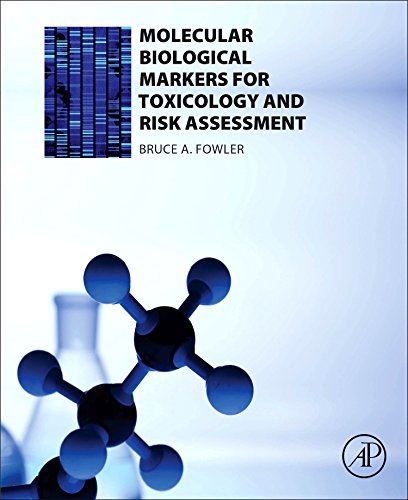

Most ebook files are in PDF format, so you can easily read them using various software such as Foxit Reader or directly on the Google Chrome browser.
Some ebook files are released by publishers in other formats such as .awz, .mobi, .epub, .fb2, etc. You may need to install specific software to read these formats on mobile/PC, such as Calibre.
Please read the tutorial at this link: https://ebookbell.com/faq
We offer FREE conversion to the popular formats you request; however, this may take some time. Therefore, right after payment, please email us, and we will try to provide the service as quickly as possible.
For some exceptional file formats or broken links (if any), please refrain from opening any disputes. Instead, email us first, and we will try to assist within a maximum of 6 hours.
EbookBell Team

5.0
108 reviewsMolecular Biological Markers for Toxicology and Risk Assessment provides an introduction to the exciting field of biomarkers and their use in toxicology and risk assessment. In recent years, new classes of molecular biomarkers capable of detecting early manifestations of ongoing chemical-induced cell injury and cell death have been developed as a result of advances in analytical chemistry, molecular biology, and computational modeling. The interplay between these emergent tools of science has resulted in new insights into initial mechanisms of chemical-induced toxicity and carcinogenicity.
Molecular Biological Markers for Toxicology and Risk Assessment guides the reader through a broad range of molecular biological markers, including the "omic" biomarkers, and provides an examination of the various elements in the evolution of these modern tools. It then explores possible ways in which these markers may be applied to advance the field of chemical risk assessment. Since molecular biomarkers and related technologies are inherently complex, the book concludes with a section on risk communication in order that readers may appreciate both the strengths and limitations of molecular biological marker approaches to risk assessment practice.